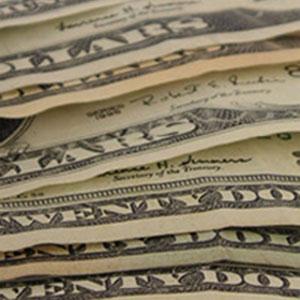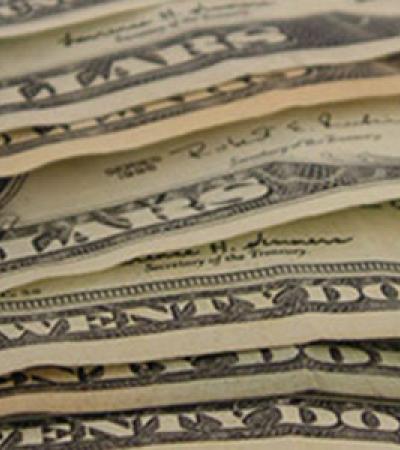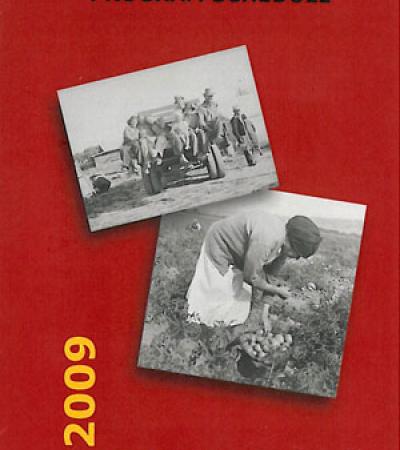January is Financial Wellness Month! As the Madison (Wisc.) Public Library noted:
The new year is a good time for people to establish financial balance after credit card bills pour in from the holidays. This is a time to set new goals for financial freedom and moderation in spending. See a financial adviser. Create money management goals. Set up a savings plan. Figure out how to pay off old loans. Get out of debt. Spend less money. Give up a little luxury and donate the savings to charity. Buy in bulk, shop at discount stores, wait for sales and bargains. Shop garage sales, flea markets and online auctions.
A number of resources are available online to help inspire your patrons during Financial Wellness Month.

General Resources
MyMoney.gov is a U.S. Government Web site dedicated to teaching all Americans the basics about finances. The site offers important information in English or Spanish from 20 federal agencies. Topics include budgeting and taxes; credit; financial planning; home ownership; children; paying for education; privacy, fraud, and scams; responding to life events; retirement planning; saving and investing; and starting a small business. Patrons can order the “My Money” toolkit, which includes a consumer action handbook, a consumer information catalog, facts on saving and investing, questions to ask about investments, understanding Social Security, and FDIC insurance coverage. Calculators for college planning, credit card replacement, home buying and mortgages, retirement planning, investing, Social Security benefits, and tax withholding also are available.
Other resources include:
• 101 Resources for Managing Your Money Online
• Smartmoney.com personal finance
Library Programming
The Lone Star College-CyFair Branch Library offered three programs for Financial Wellness Month:
• Children and parents learned the three S’s of money—Saving, Sharing and Spending—and received a Moonjar of their own to take home.
• In Debt We Trust: America Before The Bubble Bursts, a documentary investigating why debt is strangling so many Americans, college and high school students in particular, was followed by a discussion with accounting professor Shawn Miller.
• Hal “Captain Cash” Lynde presented “The Road to Financial Wellness,” which provided simple steps people can take to achieve their own financial wellness.
The Public Library of Cincinnati and Hamilton County presented Lunch & Learn @ Your Library events with Clara England from PNC’s Financial Education program during Financial Wellness Month:
• Identity Theft: Helped patrons find out if they’re taking unnecessary risks with their identities, learn simple measures to protect themselves, and find out what to do should they become victims.
• Saving and Investing: Offered the basics on safe and smart saving and investment strategies that will help patrons reach their short and long-term financial goals as well as provided information on accounts that allow investment earnings to grow tax-free.
• Raising Money-Smart Kids: Taught how to use kids’ allowances as a teaching tool, discussed when to let teens have credit cards, and provided other practical tips to help your kids develop good financial habits they can carry with them for the rest of their lives.
Other financial wellness–related events offered during the year include the New York Public Library’s Money Matters @ Financial Literacy Center, an ongoing series that covers such topics as “Mutual Funds and ETFs,” “Investment Choices: What is Right for Me?” and more. Fond du Lac (Wisc.) Public Library’s Money Smart Week events included a contest for children to redesign the U.S. dollar, a conference about saving money by couponing, “When I’m 65” on Medicare and Social Security, and “Cutting Back and Keeping Up” on budgeting, among others.
Please share what your library has done for Financial Wellness Month in the comments below.



